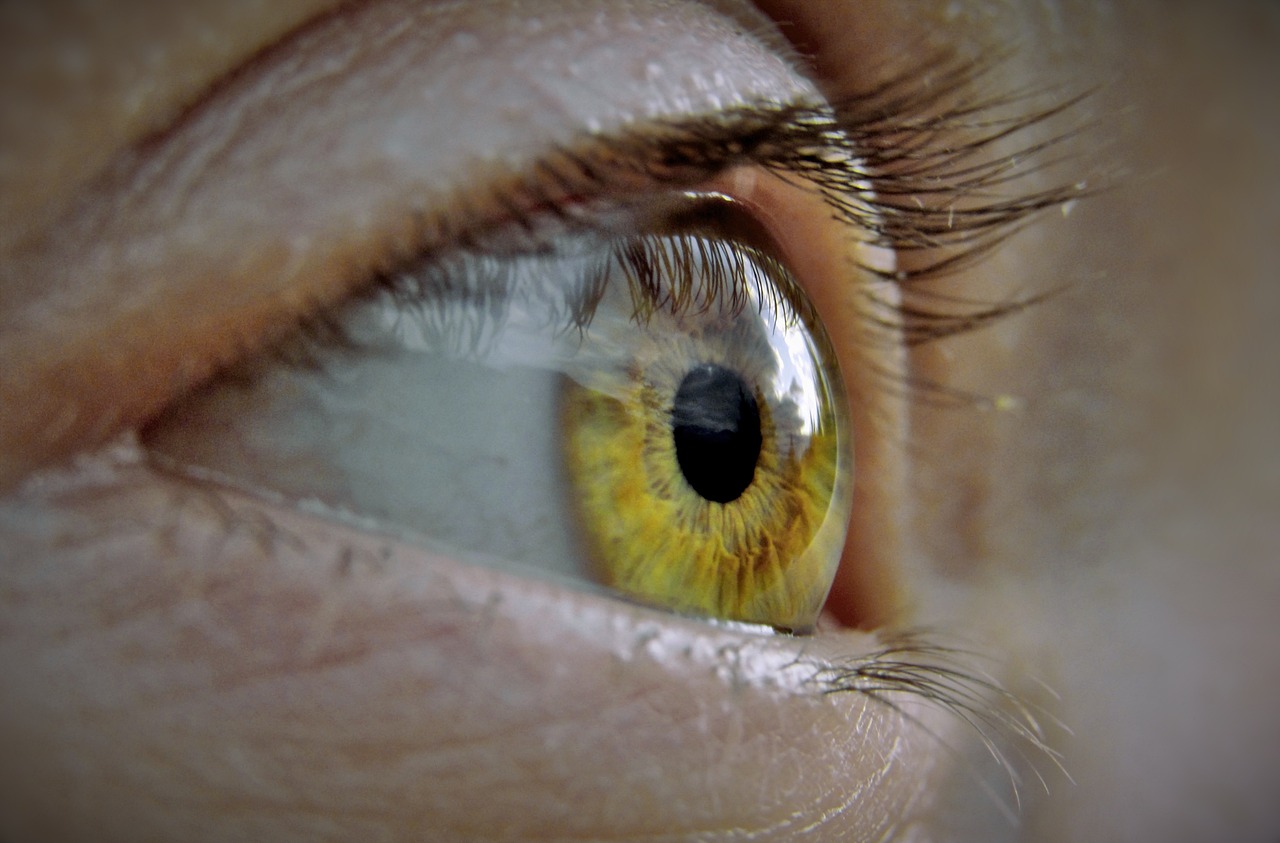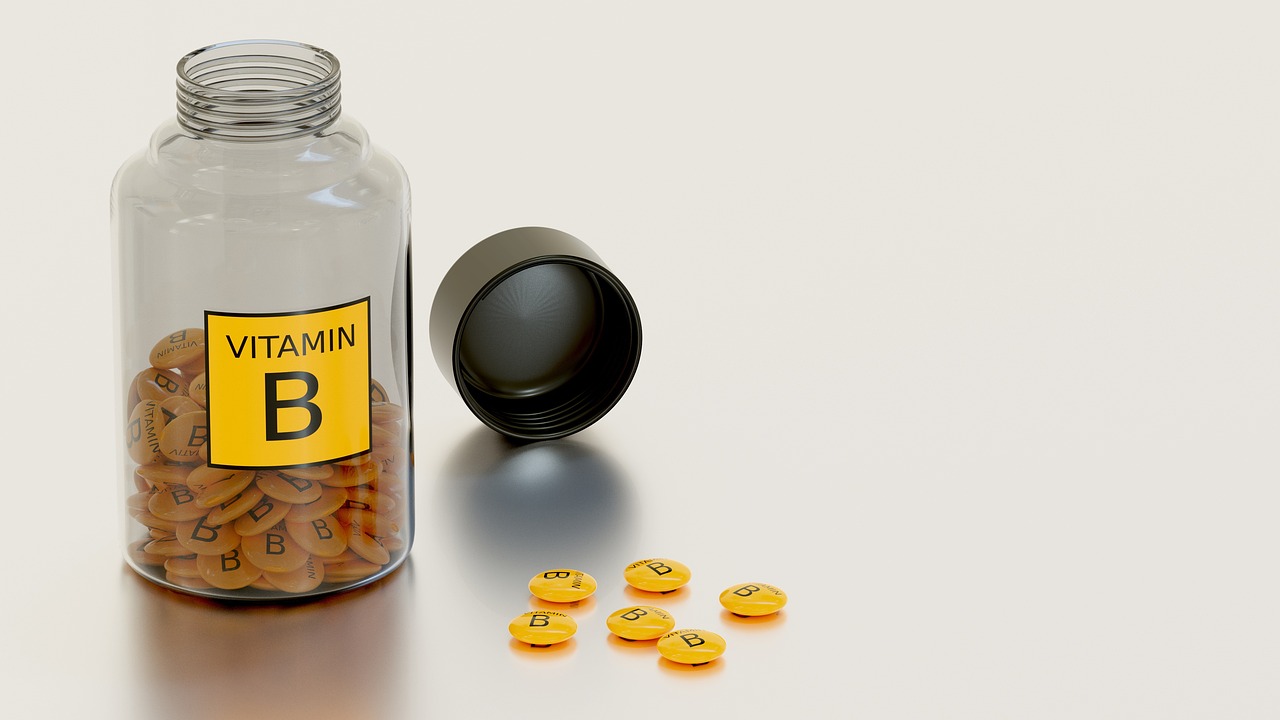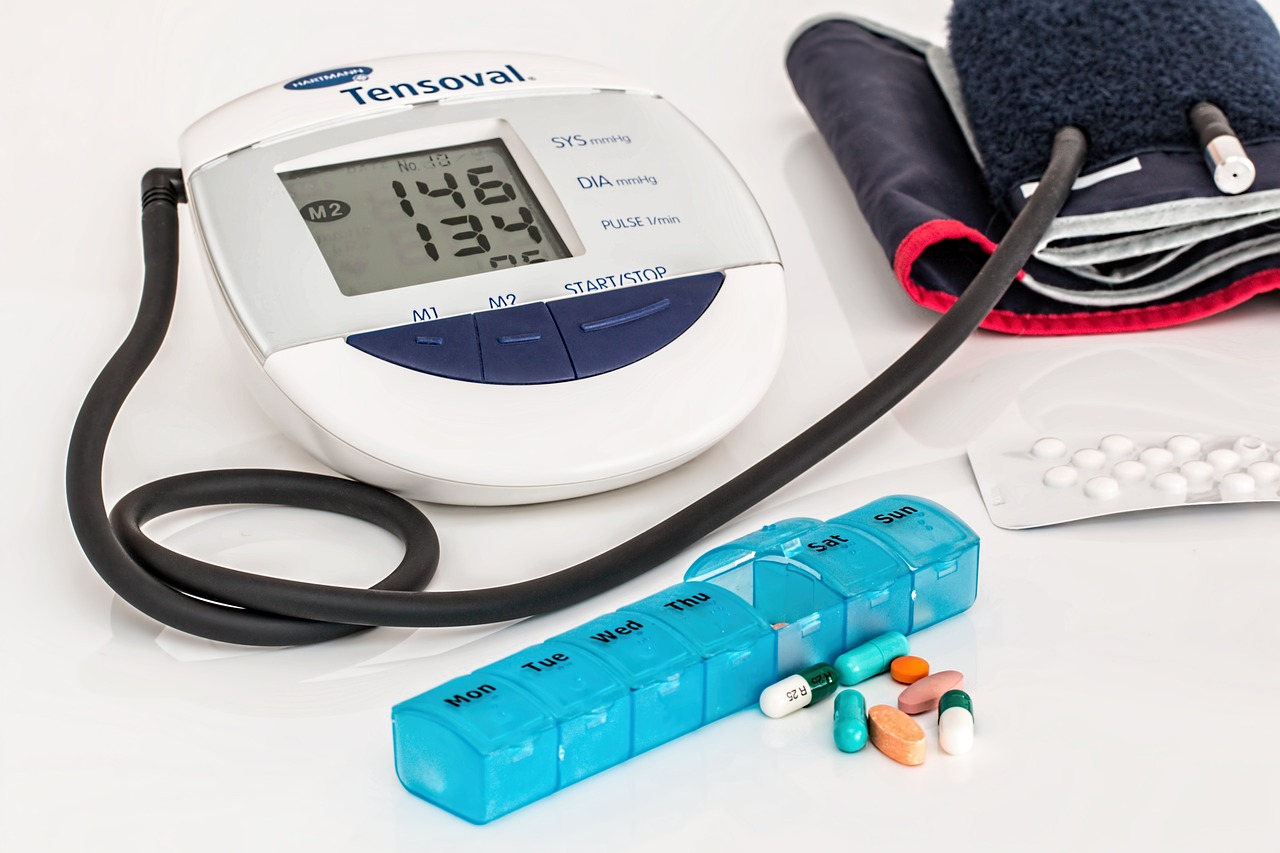10 Symptoms of Vitamin B12 Deficiency & 10 Ways to Prevent It
Are you feeling unusually fatigued lately? Or perhaps experiencing tingling sensations in your extremities? These could be signs that your body is lacking in an essential nutrient: vitamin B12. This vital vitamin plays a crucial role in various bodily functions, and its deficiency can lead to a range of symptoms. Here are 10 symptoms that could indicate you're not getting enough B12.
1. Persistent Fatigue
Feeling tired all the time, despite getting enough sleep, might be a sign of vitamin B12 deficiency. This essential nutrient is involved in the production of red blood cells, which carry oxygen to your body's tissues. Without enough B12, your body struggles to make an adequate number of healthy red blood cells, leading to fatigue and weakness.
 Photo by Vladislav Muslakov on Unsplash
Photo by Vladislav Muslakov on Unsplash
2. Weakness and Lethargy
If you find yourself feeling weak or lethargic, especially during physical activity, it could be due to insufficient vitamin B12 levels. B12 is essential for maintaining nerve health and muscle strength. Without enough of it, your muscles may not function optimally, leading to weakness and a lack of energy.
 Image by StockSnap from Pixabay
Image by StockSnap from Pixabay
3. Cognitive Issues
Difficulty concentrating, memory problems, and brain fog are common symptoms of vitamin B12 deficiency. B12 plays a crucial role in neurological function, including the synthesis of neurotransmitters and the maintenance of the myelin sheath that protects nerves. Insufficient B12 levels can impair cognitive function and lead to mental confusion.
 Image by congerdesign from Pixabay
Image by congerdesign from Pixabay
4. Numbness and Tingling
Experiencing tingling or numbness, particularly in your hands and feet, might be a sign of nerve damage caused by vitamin B12 deficiency. B12 is essential for the proper functioning of the nervous system. Without an adequate supply of B12, nerves can become damaged, leading to sensations of tingling, numbness, or even pins and needles.
 Image by Sookyung An from Pixabay
Image by Sookyung An from Pixabay
5. Digestive Issues
Digestive problems such as diarrhea, constipation, or loss of appetite could indicate a deficiency in vitamin B12. B12 plays a crucial role in maintaining a healthy digestive system by supporting the production of stomach acid and aiding in the breakdown and absorption of nutrients. Without enough B12, digestive processes may be disrupted, leading to discomfort and irregularity.
 Image by Darko Djurin from Pixabay
Image by Darko Djurin from Pixabay
6. Pale or Jaundiced Skin
If you notice that your skin appears unusually pale or even yellowish, it could be a sign of vitamin B12 deficiency. B12 deficiency can affect the production of red blood cells, leading to a condition called anemia. Anemia can cause a pale complexion or jaundice, a yellowing of the skin and whites of the eyes due to the breakdown of red blood cells.
7. Shortness of Breath
Feeling short of breath, especially during physical exertion, might be a symptom of vitamin B12 deficiency-induced anemia. B12 deficiency can lead to a decrease in the production of red blood cells, which are responsible for carrying oxygen throughout the body. Without enough oxygen being delivered to tissues, you may experience difficulty breathing, particularly when active.
 Image by Yerson Retamal from Pixabay
Image by Yerson Retamal from Pixabay
8. Mood Changes
Changes in mood, such as depression, irritability, or mood swings, could be linked to vitamin B12 deficiency. B12 plays a role in the synthesis of neurotransmitters like serotonin and dopamine, which regulate mood and behavior. Insufficient B12 levels can disrupt the balance of these neurotransmitters, leading to changes in mood and emotional well-being.
 Image by StockSnap from Pixabay
Image by StockSnap from Pixabay
9. Vision Problems
Blurry vision or difficulty focusing your eyes might be a sign of vitamin B12 deficiency affecting the optic nerve. B12 is essential for maintaining the health of nerves, including those responsible for vision. Without enough B12, optic nerve function can be impaired, leading to vision disturbances or even vision loss in severe cases.
 Image by Daniel Roberts from Pixabay
Image by Daniel Roberts from Pixabay
10. Balance and Coordination Issues
Trouble with balance, coordination, or walking steadily could indicate nerve damage caused by vitamin B12 deficiency. B12 is crucial for the maintenance of the myelin sheath, a protective covering around nerves that facilitates proper nerve signaling. Without adequate B12, nerve function can be impaired, leading to problems with balance and coordination.
 Image by wal_172619 from Pixabay
Image by wal_172619 from Pixabay
This essential nutrient plays a crucial role in numerous bodily functions, and maintaining adequate levels is key to overall health. Let's explore 10 effective strategies to ensure you're getting enough vitamin B12.
1. Consume B12-Rich Foods Regularly
Incorporating foods rich in vitamin B12 into your diet is one of the most effective ways to prevent deficiency. Include sources such as meat, fish, poultry, eggs, dairy products, and fortified foods like breakfast cereals. These foods provide readily absorbable forms of B12, ensuring your body gets an ample supply of this vital nutrient.
 Image by -Rita-👩🍳 und 📷 mit ❤ from Pixabay
Image by -Rita-👩🍳 und 📷 mit ❤ from Pixabay
2. Consider Vitamin Supplements
If you're unable to meet your B12 needs through diet alone, consider taking a vitamin B12 supplement. Supplements come in various forms, including tablets, capsules, and sublingual (under-the-tongue) sprays or drops. Choose a supplement that provides methylcobalamin or cyanocobalamin, the two most common and well-absorbed forms of vitamin B12.
 Image by MasterTux from Pixabay
Image by MasterTux from Pixabay
3. Fortified Foods
Opt for fortified foods that have been enriched with vitamin B12, such as fortified plant-based milk, nutritional yeast, and breakfast cereals. Many plant-based alternatives are now fortified with B12, making them suitable options for vegetarians and vegans. Incorporating these fortified foods into your diet can help ensure you're meeting your B12 requirements.
 Image by Myriams-Fotos from Pixabay
Image by Myriams-Fotos from Pixabay
4. Be Mindful of Dietary Restrictions
If you follow a restrictive diet, such as vegetarianism or veganism, be extra vigilant about consuming adequate vitamin B12. Plant-based sources of B12 are limited, so you may need to rely on fortified foods or supplements to prevent deficiency. Consult with a healthcare professional or registered dietitian to ensure you're meeting your nutritional needs.
 Image by Jill Wellington from Pixabay
Image by Jill Wellington from Pixabay
5. Regularly Monitor B12 Levels
Periodically monitoring your vitamin B12 levels through blood tests can help catch any deficiency early on. If you're at risk of deficiency due to dietary habits or medical conditions, discuss regular testing with your healthcare provider. Early detection allows for prompt intervention and prevents the development of symptoms associated with B12 deficiency.
 Image by fernando zhiminaicela from Pixabay
Image by fernando zhiminaicela from Pixabay
6. Treat Underlying Conditions
Certain medical conditions, such as pernicious anemia or gastrointestinal disorders, can impair B12 absorption and increase the risk of deficiency. If you have such conditions, work closely with your healthcare provider to manage them effectively. Treating underlying health issues can help improve B12 absorption and prevent deficiency-related complications.
 Image by Steve Buissinne from Pixabay
Image by Steve Buissinne from Pixabay
7. Limit Alcohol Consumption
Excessive alcohol consumption can interfere with B12 absorption and contribute to deficiency over time. If you drink alcohol, do so in moderation and consider cutting back if you're at risk of B12 deficiency. Limiting alcohol intake supports overall health and ensures optimal nutrient absorption, including vitamin B12.
 Image by Steve Buissinne from Pixabay
Image by Steve Buissinne from Pixabay
8. Avoid Smoking
Smoking has been linked to decreased B12 levels in the body due to its detrimental effects on nutrient absorption and metabolism. If you smoke, consider quitting to reduce the risk of B12 deficiency and its associated health consequences. Quitting smoking promotes better overall health and enhances nutrient absorption, including vitamin B12.
 Image by Gerd Altmann from Pixabay
Image by Gerd Altmann from Pixabay
9. Practice Good Gut Health
Maintaining a healthy gut is essential for optimal B12 absorption. Consume a diet rich in fiber, probiotics, and prebiotics to support a healthy gut microbiome. A well-functioning digestive system enhances nutrient absorption, including vitamin B12, and reduces the risk of deficiency-related issues.
 Image by Isabella Dornbrach from Pixabay
Image by Isabella Dornbrach from Pixabay
10. Seek Professional Guidance
If you're unsure about your B12 status or how to prevent deficiency, seek guidance from a healthcare professional or registered dietitian. They can assess your dietary intake, lifestyle factors, and medical history to develop a personalized plan for preventing B12 deficiency. Working with a healthcare professional ensures you receive tailored advice and support to maintain optimal B12 levels.
KEEP ON READING









